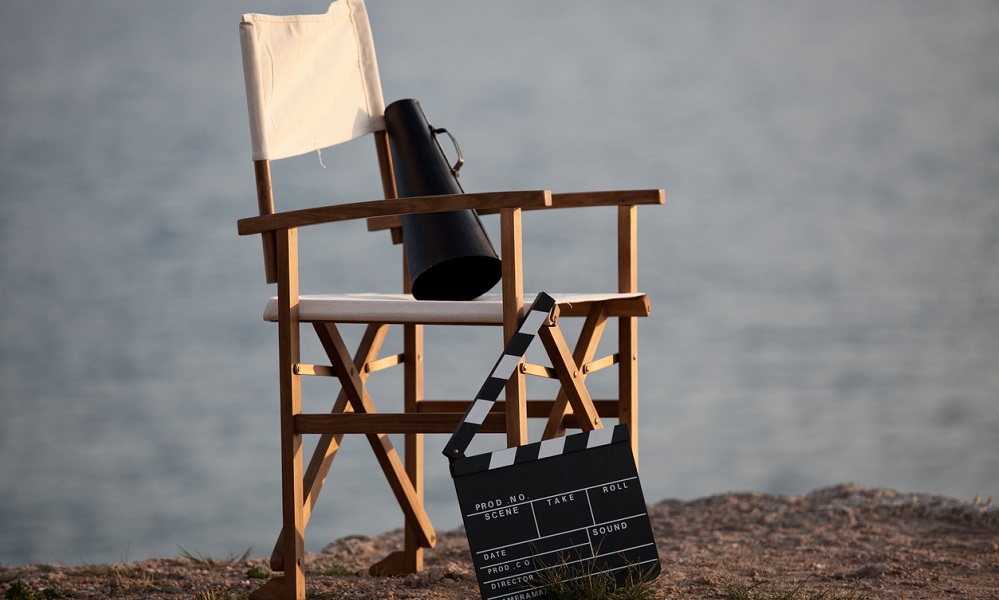Following the debate that has arisen with the famous series The Crown, the British culture secretary has proposed that a warning be added to clarify that it is a fictional series based on historic events. This poses a few interesting questions: Is it necessary to obtain consent from the people involved to make a series based on real events? To what extent can reality be made fictional in a film or series?
The Spanish Courts appear to be clearly in favor of the publication of unauthorized biographies or biopics of famous characters, provided that they are not overtly offensive. The courts have admitted the dissemination of biopics such as Carmen Cervera, la Baronesa (injunction by Alcobendas Court of First Instance no. 2 of June 28, 2011) or the publication of biographies such as Arriba la Esteban (Supreme Court judgment no. 522/2011, of July 13, 2011). These types of unauthorized biographies have only been considered unlawful when the narration is mostly factual and may contain defamatory elements (i.e. the Clarence Seedorf case – Supreme Court judgment no. 14/2004, of January 28, 2004).
In all cases, the use of real characters in artistic works poses a conflict between honor, privacy and publicity rights on the one hand and the rights to information, freedom of expression and freedom of creation on the other. These rights must be carefully weighed up in light of each particular case.
When weighing up these rights, Spanish case law has come down on the side of the right to artistic creation – article 20.1.b) of the Spanish Constitution – on the grounds that “it protects the creation of a fictional universe that may take information from reality as a point of reference. However, accuracy or instrumentality arguments cannot be used to limit a creative and therefore subjective work”. This was held by the Constitutional Court in the “El jardín de Villa Valeria case (judgment 51/2008, of April 14, 2008), which concluded that the question of accuracy has its nuances and that exaggeration or even bad taste can be allowed.
Along these same lines, the Supreme Court concluded in the famous Crimen de los Marqueses de Urquijo case (judgment no. 441/2014, of July 29, 2014), that the film was protected by freedom of information because it had given an accurate account of the facts that had been proven about the crime in question. Furthermore, it gave a certain amount of creative license to the filmmakers, such as arousing suspicions about the people involved in the case, in order to make the narration of events more entertaining.
Some judgments have even considered that the more creative and the more removed from reality the manner in which the facts are treated, the greater the scope for freedom of creation. However, if the film or series sticks solely to the facts, that its, it is more of a documentary, it must give an accurate account of those facts. For example the Madrid Provincial Appellate Court concluded in the famous Fariña case that it was lawful to refer to characters without their authorization and considered that the narration was reliable and objective, and the result of a thorough investigation of what had actually occurred (see our analysis here).
The European Court of Human Rights (ECtHR) made a few distinctions as regards the lawfulness of artistic works based on real events in the famous Lindon case (judgment of October 22, 2007) in relation to the book Jean-Marie Le Pen on Trial). The book stated that the ideas advocated by Jean-Marie Le Pen inspired the murder of Brahim Bouaram by young National Front militants in 1998, labelling his conduct as ‘the basest opportunism’, ‘immoral’ and ‘undignified’ and describing him as the ‘chief of a gang of killers’, ‘advocating the perpetration of a murder’ and ‘a vampire who thrives on the bitterness and the blood of his voters’. The ECtHR held that recourse to a degree of exaggeration, or even provocation was allowed and that the limits of acceptable criticism are wider as regards a politician. However, in this particular case, it held that the terms used were excessive, since they could incite violence and hatred.
In short, in order to determine whether a biopic is lawful, it is necessary to weigh up honor, privacy and publicity rights on the one hand and the rights to information, freedom of expression and freedom of creation on the other. In Spain, in the context of works of fiction, it seems evident that certain creative license is permitted, and although some legal uncertainty does exist, there is no need to obtain consent from the persons portrayed. However, we must not forget that the legal regime covering the rights of honor, privacy and publicity are not harmonized and vary substantially depending on the territory involved. It is therefore necessary to carry out prior checks (clearance) of whether the material is lawful in each territory.
Garrigues Intellectual Property Department






